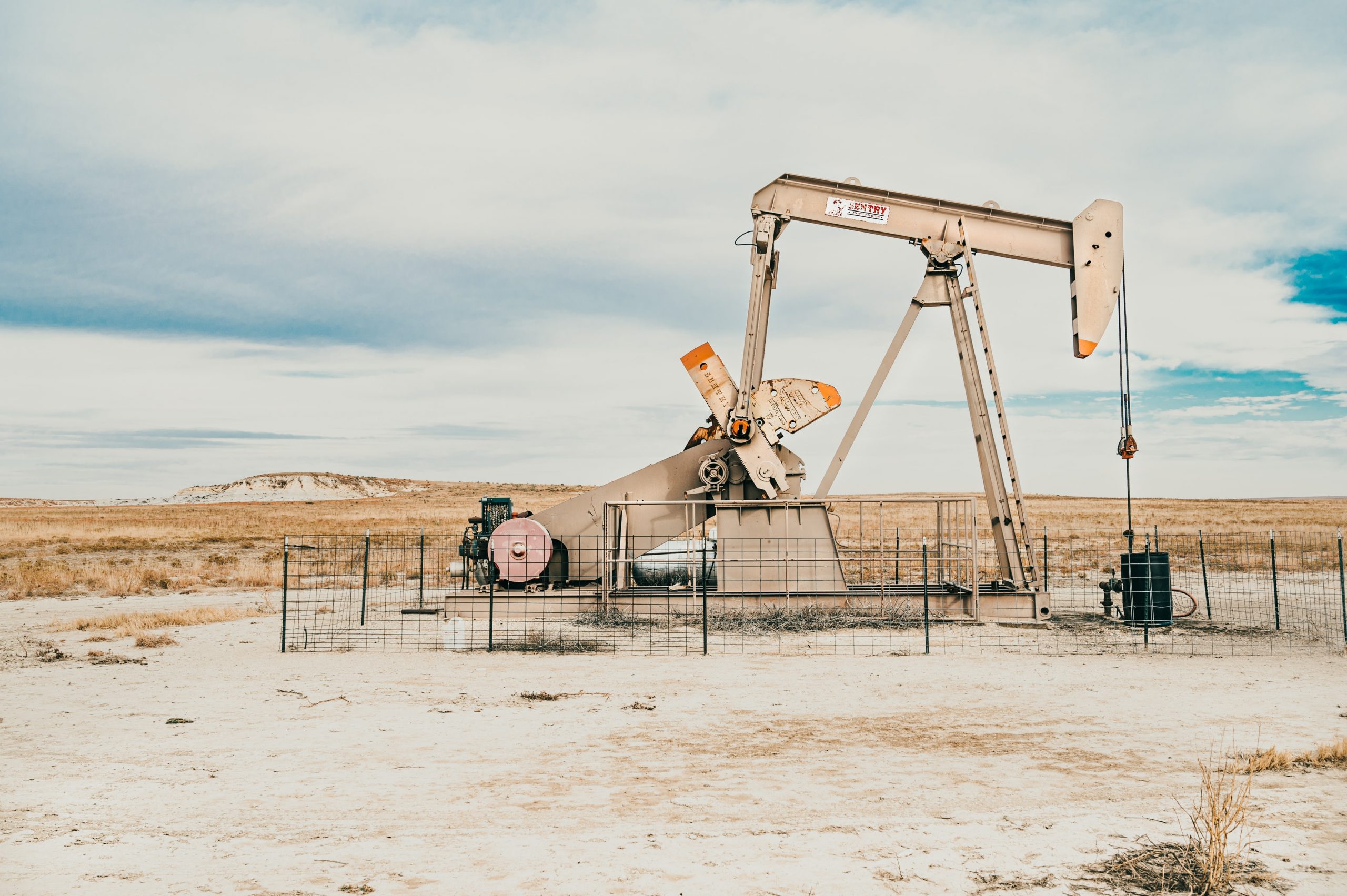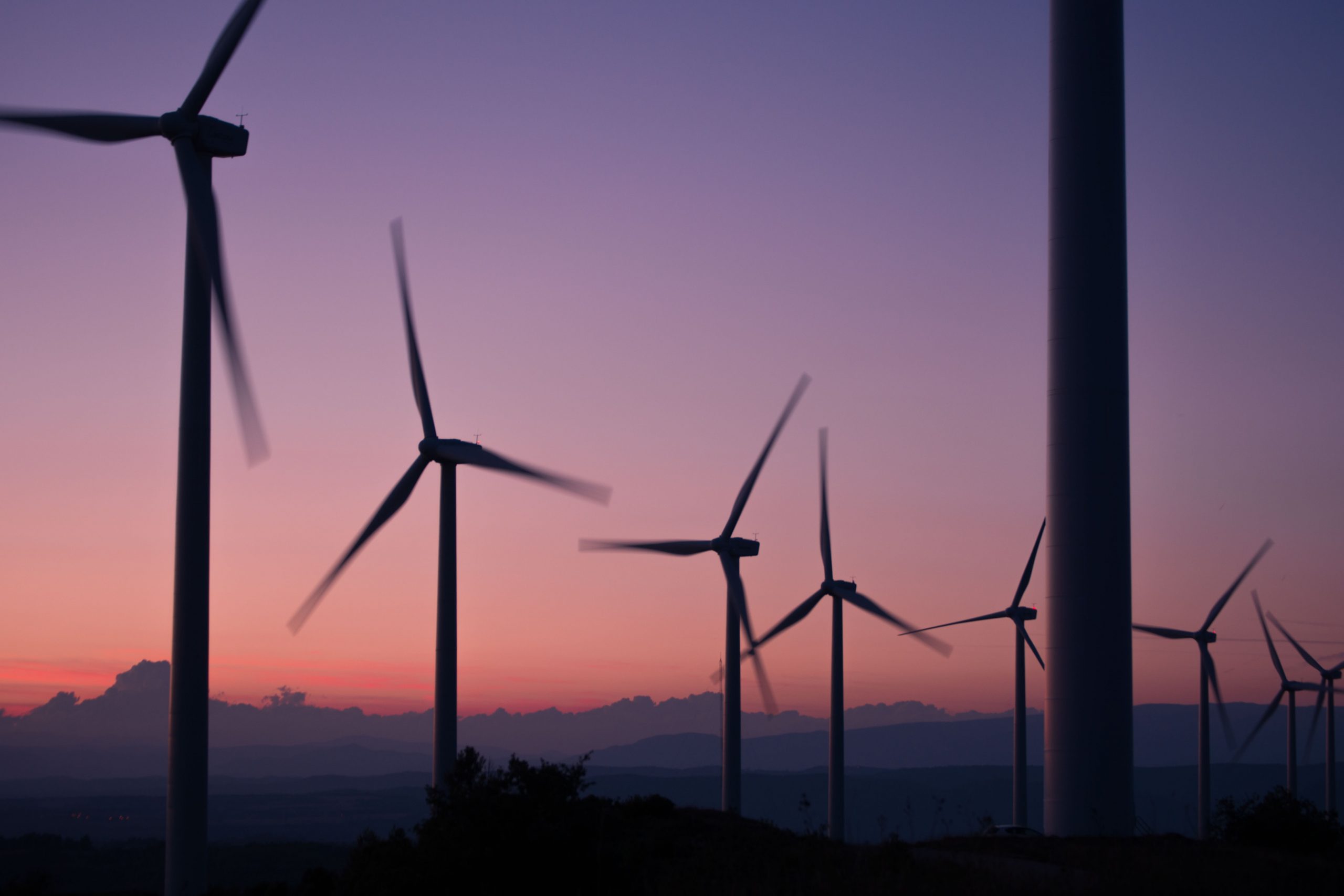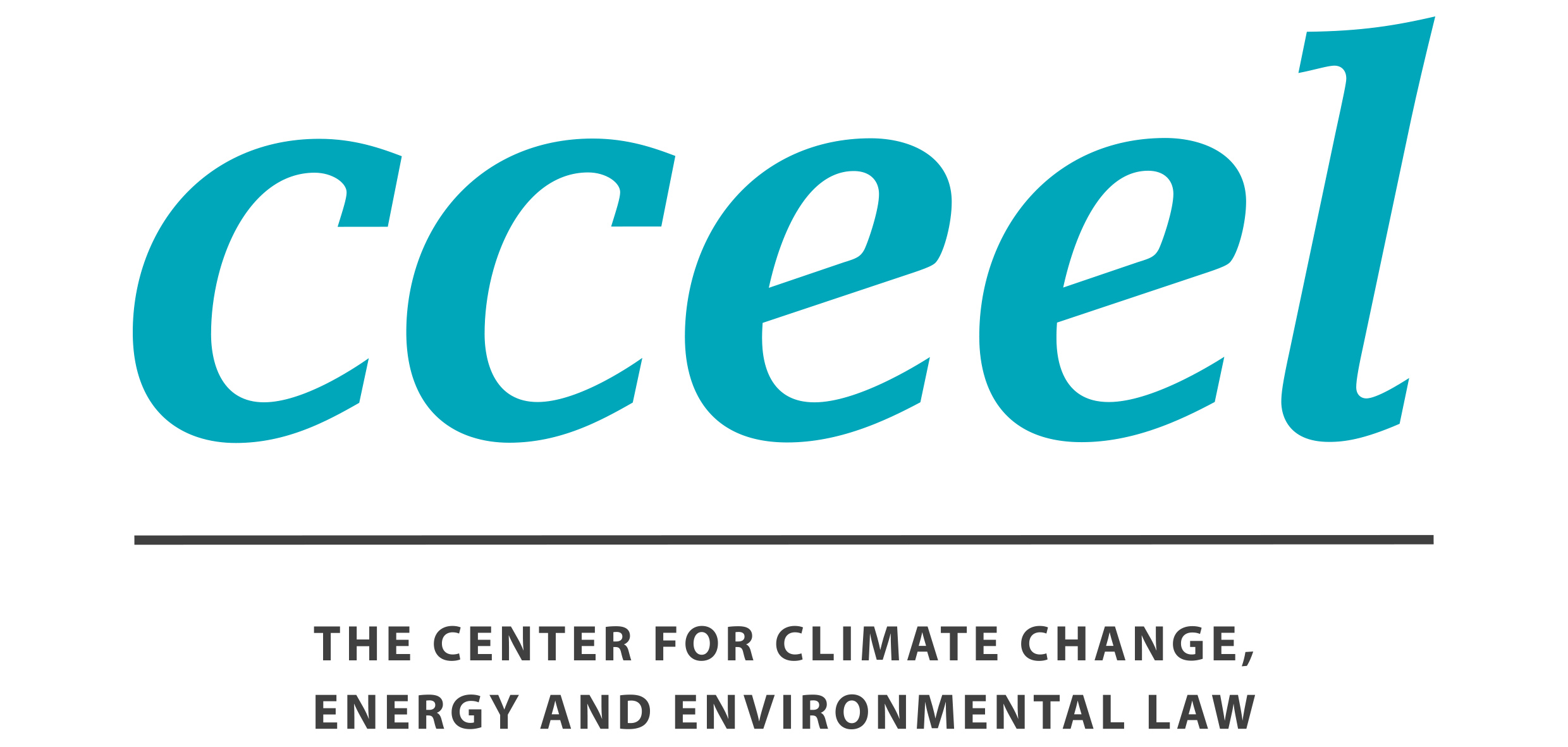
The EU needs to constitutionalise climate policy to stabilise the climate transition
By Kati Kulovesi, Professor of International Law and Sebastian Oberthür, Professor of Environmental Policy and Law. First published in the GreenDeal-NET blog on 19 June. While the European Commission has launched public consultations on the EU’s intermediary climate target for 2040, mounting calls for a pause in implementing the European Green Deal risk derailing progress. […]
Finland’s first climate judgment: Putting the government on notice
By Kati Kulovesi, Maiju Mähönen, Milka Sormunen, Annalisa Savaresi, Vilja Johansson and Martin Björklund. First published in the 2035Legitimacy blog on 12 June. The Supreme Administrative Court of Finland gave its decision in the first Finnish climate case on 7 June 2023 (KHO:2023:62). After a 3-2 vote, it found the appeal launched by Greenpeace Nordic […]

The Intergovernmental Panel on Climate Change – fit for the next assessment cycle?
By Moritz Petersmann, PhD Candidate working on project: Fit for governing the triple planetary emergency? Towards enabling sustainability transformations at international science-policy interfaces The Intergovernmental Panel on Climate Change (IPCC) published the Synthesis Report and its Summary for Policymakers (SPM) for the sixth assessment cycle after a marathon week of deliberations during its 58th session, […]

The way forward for gender-responsive climate adaptation in International Climate Law
By Raihanatul Jannat, PhD Candidate. First published in the FMI’s Climate Bulletin: Research Letters on 21 February 2023 Due to existing multi-dimensional social injustices, some gender groups experience climate change more unduly than others. It is therefore necessary that international climate law is intersectional and gender-responsive. Currently, on one hand, legal provisions developed under the […]

Finland’s first climate lawsuit: Watching the forest sink
By Kati Kulovesi, Professor of International Law, Annalisa Savaresi, Associate Professor of International Environmental Law, Maiju Mähönen, Project Researcher and Otto Bruun, Junior Researcher In November 2022, Greenpeace and the Finnish Union for the Conservation of Nature filed Finland’s first climate case. The applicants claim that the Finnish Government has breached its obligations under Finland’s […]
Does the new Finnish Climate Change Act promote urban climate resilience?
By Tuula Honkonen, Senior Lecturer of International Law. First published in the FMI’s Climate Bulletin: Research Letters on 27 January 2023. Although climate change is a global problem and states are the main actors in climate governance, the role of sub-national governments is increasing in this field. Finland’s national Climate Change Act, revised in 2022, […]
Suomen ensimmäinen ilmasto-oikeudenkäynti on täällä – mistä on kyse?
Julkaistu 28.11.2022. Kirjoittajat: Kati Kulovesi, Maiju Mähönen, Otto Bruun. First published in the 2035Legitimacy blog on 28 November. Greenpeace ja Suomen luonnonsuojeluliitto ovat tänään ilmoittaneet valittavansa korkeimpaan hallinto-oikeuteen (KHO) ilmastolain toimeenpanoon liittyvistä laiminlyönneistä. Valitus kytkeytyy olennaisesti heinäkuussa 2022 voimaan tulleen uuden ilmastolain (423/2022) tavoitteisiin, joiden toteutuminen on maankäyttösektorin hiilinielun romahdusta koskevien ennakkotietojen valossa vakavassa vaarassa. Ilmastolain tärkeimpiin tavoitteisiin […]

COP27 flinched on phasing out ‘all fossil fuels’. What’s next for the fight to keep them on the ground?
By Fergus Green, Lecturer in Political Theory and Public Policy, UCL and Harro van Asselt, Professor of Climate Law and Policy, University of Eastern Finland. First published in The Conversation on 21 November 2022. The latest UN climate change summit (COP27) concluded, once again, with a tussle over the place of fossil fuels in the global economy. […]

International Climate Technology Transfer : an issue of human rights
By Nicola Sharman, Early Stage Researcher In recent years, the link between climate change and human rights has been increasingly recognised and used as a legal tool to demand stronger action by governments to address the global crisis. However, one element of the international regime in which rights-based arguments remain underutilised is in respect of technology […]

COP27-ilmastokokous: Onko Suomen neuvotteluvaltuuskunnan sidosryhmäjäsenillä mahdollisuuksia vaikuttaa neuvotteluihin?
Teksti: Tuula Honkonen. First published in the 2035Legitimacy blog on 06 November 2022. Vuosittainen YK:n ilmastokokous, jota joskus suureksi ilmastonäytelmäksikin kutsutaan, on jälleen täällä. Millainen rooli on varattu kotimaisille sidosryhmille Suomen neuvotteluvaltuuskunnassa? Onko heillä aitoja vaikuttamisen mahdollisuuksia Suomen toimintaan Sharm el-Sheikhissä? Miten Suomi osallistuu COP-27-kokoukseen? Ilmastonmuutosta koskevan puitesopimuksen ja Pariisin ilmastosopimuksen osapuolikokoukset (COP-27) alkoivat tällä […]
